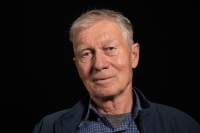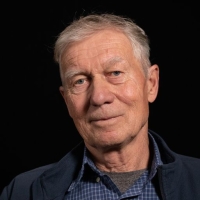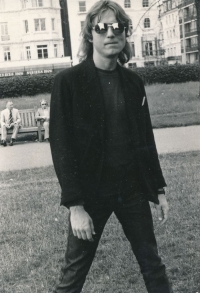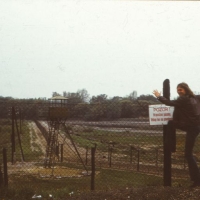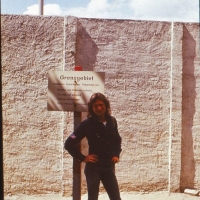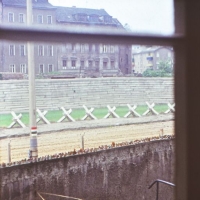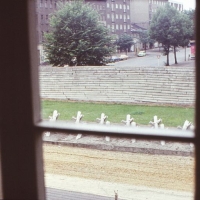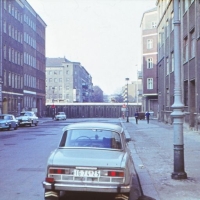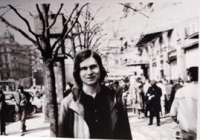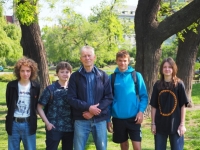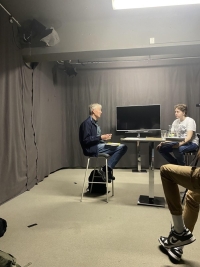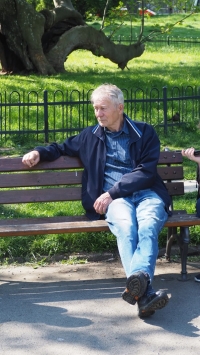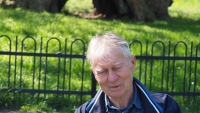My faith was my only certainty in uncertain times

Stáhnout obrázek
Karel Habal was born on July 4, 1950, in Prague’s neighbourhood Žižkov. While he was growing up, he adopted his mother’s religion and his father’s empathy for the fellow man. His father and uncle returned to Czechoslovakia after the Second World War from Argentina, where they had gone in the mid-1930s. Karel Habal went to primary school in Na Smetance street. In the mid-1960s, his classmate introduced him to the music broadcast of Radio Free Europe. After primary school, he went to a Land Surveying Tech school to gain a qualification that was not restricted by the communist regime. He let his hair grow out and started criticizing the regime. He discovered his first vinyl records with Western rock music at a swap meet in Wenceslas Square. He witnessed the Warsaw Pact invasion of 1968 while he was visiting Bratislava with a friend. A year later, he actively participated on anti-establishment protests in Prague. He was conscripted into the army in the same year and stationed in Slovak Zvolen. He spent nineteen months of the two-year-long service as a land surveyor with the state-run company Military Constructions, and the last five as a crew member of an armoured personnel carrier in Domažlice. He finds this period to have been the most difficult in his life. He started travelling to East Germany and Poland in the early 1970s and in 1978, visited the UK for the first time. This is where he discovered punk, which was a major influence for the next few years. After returning from his second trip to England in 1980, he and Ivo Pospíšil founded the band Garáž and Habal wrote the lyrics for some of their early songs. Simultaneously, he became the band manager of Classic Rock’n’Roll Band, which had been originally called Old Teenagers. In 1985, he got married. He and his wife have two children. When he visited England for the third time, a friend introduced him to Zdeněk Mastník, the owner of Interpress publishing house and bookshop in London. With his help, Karel Habal started distributing samizdat literature to and from Czechoslovakia. At the same time, he continued smuggling vinyl records into the country, with a new addition of video tapes. On November 12, 1989, he attended the canonisation of Agnes of Bohemia and later, joined the demos in Wenceslas Square and Národní třída. After the revolution, he and his family moved to Říčany, where they were still living at the time of the interview.
